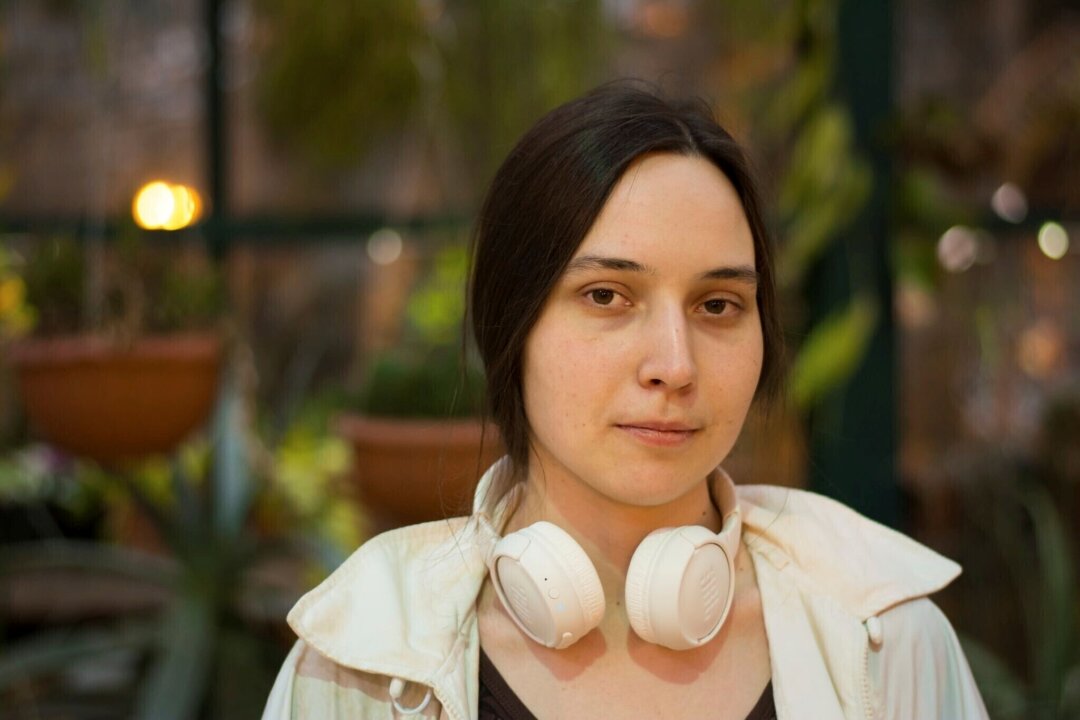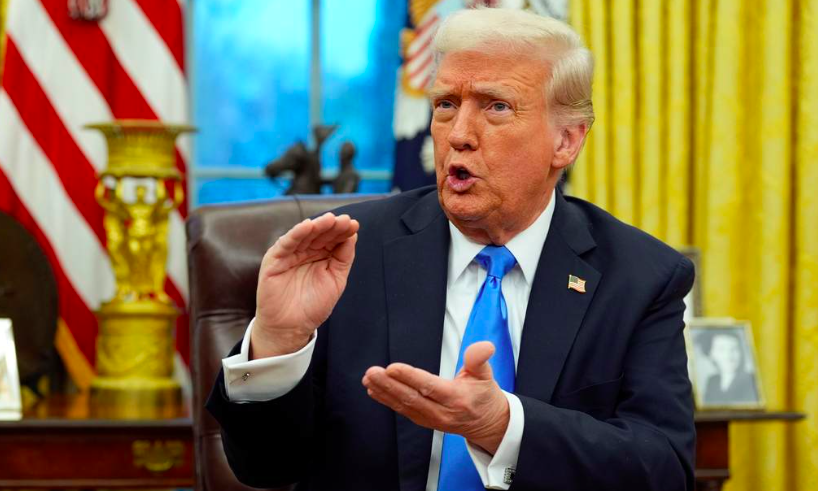A Russian medical researcher at Harvard University, Kseniia Petrova, has found herself in hot water over a smuggling charge. She’s accused of bringing undeclared frog embryos into the United States from France. While she’s been granted bail in her immigration case by Judge Christina Reiss, Petrova remains in custody due to the criminal charges.
Judge Reiss, at a recent court hearing, expressed that Petrova’s continued detention was unwarranted. She pressed the government to come up with release terms by the end of May. This decision highlights the complexities and bureaucracies involved in such legal proceedings.
Petrova’s case has caught the attention of many, especially those who follow legal battles involving international researchers. Her situation underscores some of the challenges faced by foreign nationals working in the U.S. academia. The legal system’s balancing act between immigration laws and criminal allegations can be quite daunting.
Fox News has covered this story, emphasizing the legal tussles and the implications for international scholars in America. They noted that Petrova’s case might set a precedent for how similar situations are handled in the future. The intersection of legal, immigration, and academic interests makes this case particularly intriguing.
Newsmax echoed similar sentiments, focusing on the bail decision and what it means for Petrova’s immediate future. They reported on the tightrope walk between ensuring compliance with U.S. laws and respecting the rights of individuals caught in such legal webs. It’s a delicate situation that requires careful navigation by all parties involved.
The New York Post added that Petrova’s academic contributions at Harvard have been significant, making the charges against her even more surprising to some. They highlighted the broader implications of such cases on the international academic community. The case raises questions about how researchers can safely and legally conduct their work across borders.
Petrova’s legal team is working diligently to resolve the smuggling charge while ensuring her rights are protected. The defense argues that the allegations may stem from a misunderstanding or oversight rather than malicious intent. It’s a defense that they hope will resonate with the courts.
The story also brings to light the stringent regulations surrounding the transport of biological materials. Such regulations are in place to protect ecosystems and prevent biosecurity risks. Petrova’s case serves as a reminder of the importance of adhering to these rules, no matter one’s intentions.
Some conservative voices have pointed out the need for clear guidelines for international researchers to avoid similar legal pitfalls. They argue that while laws must be enforced, there should be a system that helps scholars navigate these regulations without fear of criminal charges. It’s a call for clarity and fairness in the application of international research protocols.
The broader political implications of this case are not lost on observers. It highlights tensions between national security interests and the global nature of modern research. In a world where collaboration is key, such legal challenges can have a chilling effect on academic exchanges.
Petrova’s situation also raises concerns about how international scholars perceive the U.S. as a destination for research. With stringent legal frameworks, there might be a deterrent effect on those considering bringing their expertise to American institutions. It’s a topic that merits discussion among policymakers and academic leaders.
The conservative perspective on this case emphasizes the importance of maintaining national security without stifling innovation and collaboration. It’s about finding a balance that protects the country’s interests while fostering an environment of academic freedom and exploration. These are values that resonate deeply within the conservative ideology.
As the legal proceedings continue, Petrova’s case will be closely watched by many. It serves as a case study in the complexities of international law, immigration, and academic research. The outcome could have lasting implications for how similar cases are approached in the future.
For now, Petrova remains in a state of uncertainty, awaiting the next steps in her legal journey. Her story is a testament to the intricate web of regulations and laws that international researchers must navigate. It’s a situation that calls for a careful consideration of both legal obligations and human rights.
In the end, Petrova’s case is more than just a legal battle; it’s a reflection of the challenges faced by many in a globally connected world. It underscores the need for clear, fair, and consistent application of laws that impact international research and collaboration. The ripple effects of this case could be felt well beyond the courtroom, influencing policies and perceptions for years to come.



